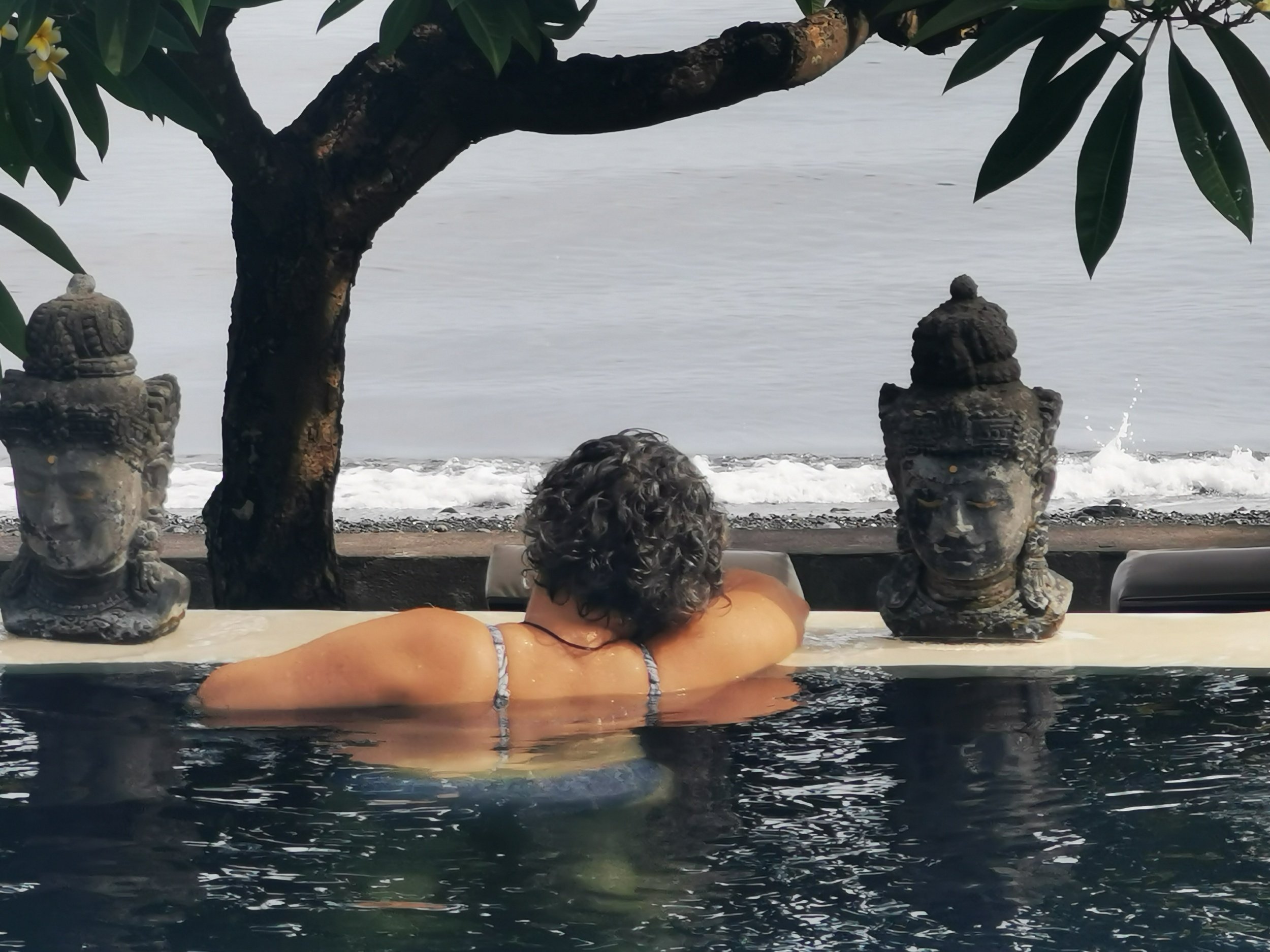Welcome to the Health Digest
The Power of Pushing Pause: The benefits of taking holidays.
We underestimate the benefits of taking a holiday and Australians and New Zealanders have historically been poor at using their annual leave, although there may be a blip in that trend after the lockdowns. In our fast-paced lives, it’s easy to overlook the rejuvenating power of a good break. Taking time off isn't just a luxury; it's a crucial investment in our well-being. This article delves into the science-backed benefits of embracing holidays, examining how they can elevate cognitive function, ignite creativity, and fortify resilience. We'll take a closer look at the biochemical and psychosocial dimensions to understand the impacts better.
Does your work environment cause you stress?
With many organisations considering the option of having a hybrid or flex option for their team to work from home and work from the office, the importance of how our work environment or place of work affects our health and wellbeing may be underestimated.
Along with the management of ergonomics, slips, trips, falls and manual handling, we also need to consider temperature, noise, and how our surroundings make us feel?
Is your resilience bank account in overdraft?
Being a people leader is a tough gig and this year it's been even tougher. Along with trying to manage customer expectations, reduced revenue, and the usual operational challenges, the external environment threw even more challenges at you.
You've been managing your teams remotely, trying to balance homeschooling with zoom calls, spending far too much time sitting at your desk, and the only exercise you've been getting is the walk to the fridge and back! Is it any wonder you are feeling tired, foggy, heavier and emotionally drained?
Natural Medicine Week 2020 - Nutritional Medicine
According to the Australian Family Physician, two out of three Australians use or have used some type of natural or complementary medicine. Natural medicine is an established part of the Australian health care management practices across the general population. In fact, we have one of the highest utilisation of natural or complementary medicine in the developed world.
Natural Medicine Week 2020
This week we celebrate Natural Medicine Week and I’ll be sharing stories about me, my practice and the benefits of natural medicine. In this article, I share what natural medicine is, types or modalities of natural medicine, the principles of natural medicine and why I love being a natural medicine practitioner.
Could your stress levels be making you more susceptible to catching a virus this cold and flu season?
Get a group of professionals together around a meeting room table, coffee cup in hand, waiting for the last attendee to arrive (irritatingly late) and inevitably they will start to talk about how busy and stressed they are. Project deadlines, home life, kids school activities, pet vet visits, just stuff, is all coming at them thick and fast. Talking about it and sharing in each other’s stress stories seems to be somewhat cathartic, so given half a chance, the stress stories start to surface. You know. You've been there; possibly earlier on today. But could all that stress be setting you up to be an easy target for the next round of office viruses?
Managing upper respiratory health in the wake of the Australian bushfires
Some people are generally susceptible to upper respiratory infections (URI's) and they are one of the most common forms of infection around. URI's include the common cold, allergic rhinitis and rhinosinusitis, pharyngitis, epiglottitis and tracheobronchitis. This kind of infection can be caused by both viruses and bacteria. When you have conditions where you have high exposure to respiratory pathogens and airborne toxins, for example from bushfires and smoke drift, along with acute or chronic stress, then you have a recipe for higher and more severe incidents of URI's and aggravated allergies.
2020: Another year past and the dawn of a new decade. Bring it on!
Two career transitions, a university degree, a bucket load of contracts, international travel, a new business and (my favourite thing of all) becoming a grandmother.
Fight the signs of stress and aging with this simple but tasty tea
This naturally caffeine-free tea is great to fight off the effects of winter coughs and colds, menopause, stress and signs of aging. What culinary herb do so much? Read on to find out.








